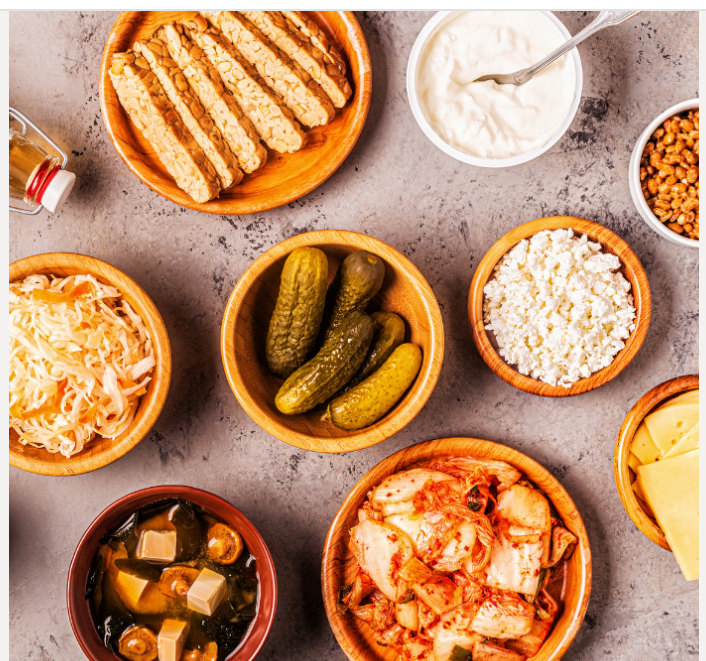Surviving Social Gatherings with Histamine Intolerance: A Guide to Navigating Buffets and Events

The most feared moment for all allergy sufferers and those with food intolerances, following an allergen-free diet, is facing a social gathering, especially in front of a buffet. To avoid feeling excluded, different, or restricted, we just need to have a strategy in mind that allows us to take care of our bodies while not feeling uncomfortable in front of others. Christmas, New Year’s, anniversaries, barbecues… we’ve thought of everything.
If you suffer from histamine allergy, you know that consuming certain foods will cause discomfort or an allergic reaction. Don’t do it, calmly stick to your diet, and don’t worry about others: here, we have a strategy to avoid unwanted comments or questions.
Ready for the party? We are!
How to survive parties, birthdays, weddings, and events in general if you’re allergic to histamine:
- EAT BEFOREHAND
Since you won’t be certain if there’ll be something you can eat at the party, simply plan to eat beforehand. Have a good anti-inflammatory, low-histamine meal with healthy fats (olive oil is great), and you won’t have to worry if there are only a few options when you arrive. Having a full stomach decreases the likelihood of compromising your diet and pushing your body beyond its tolerance. You won’t feel hungry and can leisurely snack without any concerns. - HEAD TO THE VEGETABLE TRAY
There’s almost always a tray of raw vegetables. The nice thing about raw vegetables, unlike cooked ones, is that you know you can eat them without worry. Grab carrot sticks, red peppers, cucumber slices, broccoli or cauliflower, a radish or two, and if there’s olive oil on the table, drizzle some drops. If there’s parsley for garnishing, even better. Olive oil and parsley will help combat histamine and reduce inflammation. You can dip them in hummus or consider bringing a bowl from home. - ORDER A DRINK
Order a drink that resembles a vodka soda and you’ll blend in immediately. You can simply order seltzer or club soda and ask for a slice of lemon or lime. Nobody will ever know if you have alcohol or not, and you can socialize with a drink in hand like everyone else.
If you decide to indulge in a glass, vodka and gin are low-histamine options. However, keep in mind that alcohol doesn’t exactly have a positive overall effect on your body’s health.
- GRILLING – BARBECUE
You might worry about the remaining meat sticking to the grill. You can either cook or wrap the food in aluminum foil and cook it there on the grill. You can make an exception and eat potatoes, consider cooking salmon with vegetables in foil cooked on the charcoal – very flavorful. Of course, you can use any protein you like. - BRING A SNACK
Carry a snack in your bag. For example, dried mango, rice crackers, homemade potato chips, a portion of freshly diced apples. With these snacks, you don’t have to worry about preservation and they’re easy to pack. - BRING A SHARED DISH
Depending on the event, consider bringing a shared dish. Then you know you’ll have something to eat and you’ll make a good impression with your own recipe. For example, a dessert or a savory pizza. - KEEP ‘EMERGENCY’ FOODS IN THE CAR
Carry some food supplies in your car. This way, if you run out of food you brought along, you won’t be tempted to eat things that will cause you problems. Just knowing that you have ‘safe’ food in the car can alleviate some anxiety. - LOOK FOR FRUIT
Look for fruit. More and more often, events include fruits and fruit salads. Even if you have to take a whole fruit skewer, you can choose the fruit you can eat and leave what you can’t. Look for apples, blueberries, cherries, honeydew melon, watermelon, cantaloupe, peaches, mangoes, and pears.
Mangoes and peaches also have anti-histamine properties: so, go for it!
- SIMPLY EXPLAIN WHY YOU’RE NOT EATING
If someone notices you’re not filling your plate or not eating at all, simply explain your allergy. Stay positive about your restrictions and try not to steer the conversation towards health issues. Share your new culinary discoveries and invite the person to try the dish you brought, if applicable. They might learn to enjoy a new healthy food or a special recipe of yours. Otherwise, if you really don’t want to delve into the topic, just say you have stomach issues without further explanation.
